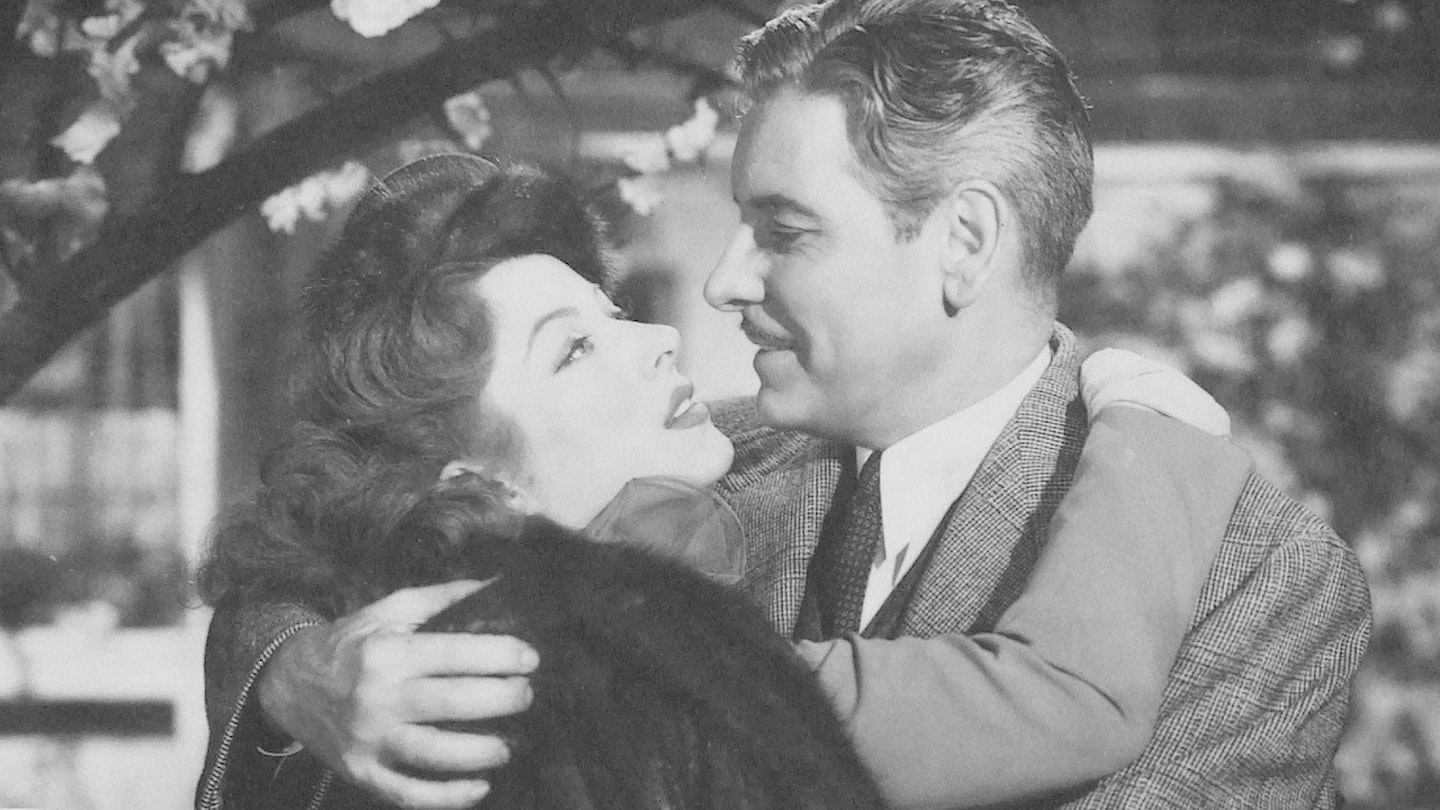Ronald Colman and Greer Garson probably had very different opinions of James Hilton when they signed up for this adaptation of his sentimental 1940 novel. His classic school story, Goodbye, Mr Chips, had afforded Garson her screen debut and he had also contributed to the screenplay of Mrs Miniver that was shortly to being her an Academy Award. However, Colman's career had never quite recovered from the setback it received following the critical mauling accorded Frank Capra's inexorably naive take on Hilton’s Lost Horizon.
However, neither could have had any complaints after Mervyn LeRoy's effortlessly smooth tearjerker boosted both of their careers. Garson is, if anything, more appealing than she was as Mrs Miniver, as she's not constrained by the need to be permanently in control of her emotions. The ever-mellifluent Colman is also genially effective, although the 51 year-old always feels a little too old for the role, even after he's been restored to his previous life, where Susan Peters provides a spark of modernity that ruptures the patronising patina of English pastoral perfection imposed by art directors Cedric Gibbons and Randall Duell.
Yet, while the production values may now seem cloyingly MGM, they gave American wartime audiences a greater sense of what they were fighting for at a time when they had still to come to terms with how conflict could impact upon the Home Front. Ever keen to ensure that only the purest message was purveyed, the Breen Office insisted on removing all mention of Smithy's first wife (to avoid any implications of bigamy) and suggested that it was made clear that he and Paula had not consummated their relationship before marriage.
Doubtless the lingering hint of illicit passion persuaded punters to part with $4.5 million at the US box-office. But, while it was nominated for seven Oscars, it failed to win any, as Mrs Miniver went home with six.
